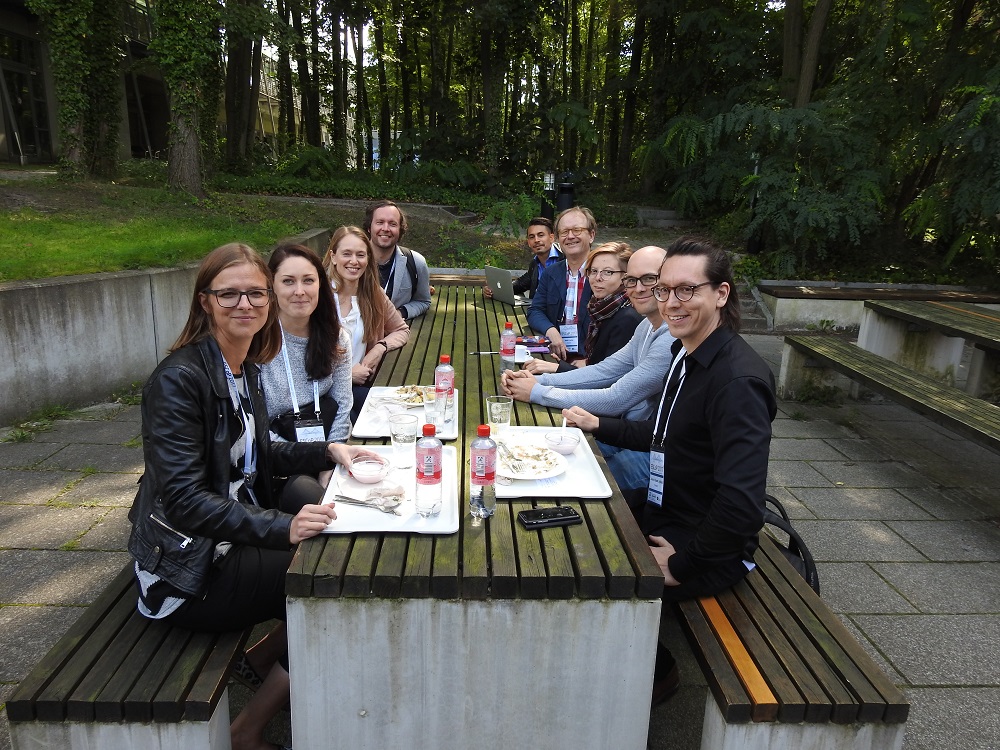The BrainTrain research project
- (a) investigated the neurocognitive mechanisms of working memory (WM) training and executive functioning in general,
- (b) explored factors that predict executive functioning and WM training outcomes,
- (d) examined the applicability of WM training in clinical conditions.
For these purposes, the research group utilized a wide array of methods, including cognitive-experimental tasks, functional brain imaging by neurophysiological, haemodynamic and neurotransmitter activity measures, and transient direct current stimulation of the brain. Besides local collaboration e.g. via the Turku Brain and Mind Center (see http://www.tbmc.fi/), the group has worked together with researchers from Karolinska Institute/Stockholm University (Sweden), Umeå University (Sweden), Temple University (USA), and University of Queensland (Australia). After the 4-year BrainTrain project officially ended by the end of 2018, we have continued our research by focusing (a) on the strategies participants employ and how these affect testing and training outcomes, and (b) on the development of a videogame environment for more life-like measurement of memory and executive function.

The BrainTrain group at the 20th European Society for Cognitive Psychology (ESCOP) meeting at Potsdam University in September 2017. From left: Anna Soveri, Linda Karlsson, Minna Lehtonen, Juha Salmitaival, Daniel Fellman, Matti Laine, Karolina Lukasik, Otto Waris, Jussi Jylkkä.
